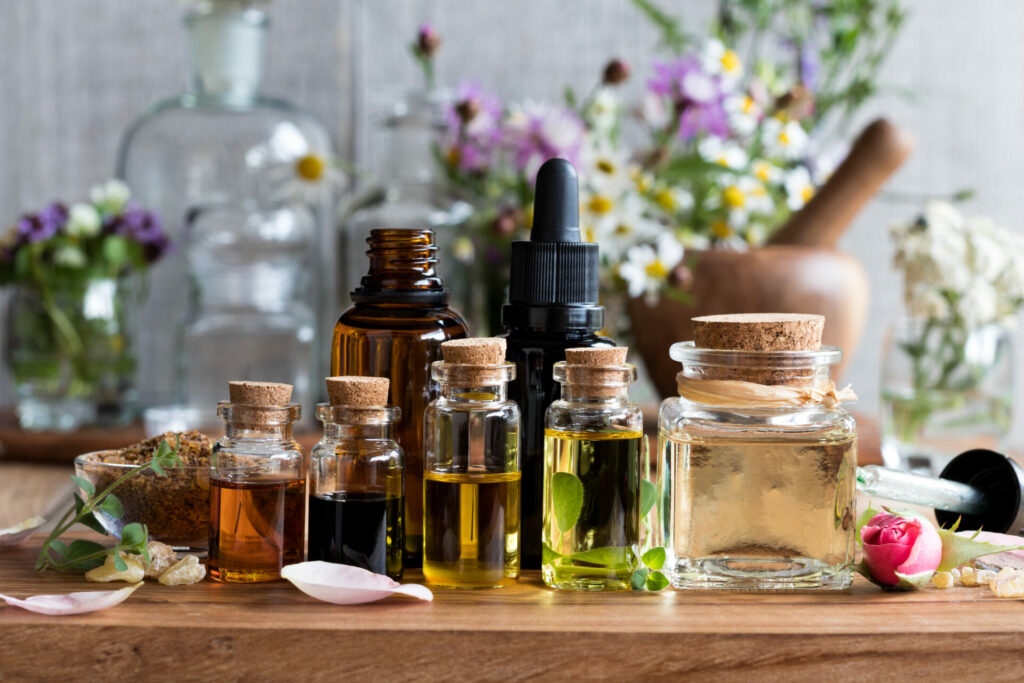As the clapping finally stopped, Neha stepped down from the podium, pleased with the presentation she’d just given about digital marketing. She’d been the first speaker at her company’s conference and within minutes, she had delegates engaged and even laughing with her.
By contrast, the second speaker, Nicola, forgot some key points and even contradicted herself as she nervously tried to explain how to run a social media campaign. The delegates were soon fidgeting. Some even went to lunch. It was clear that Nicola, 33, was close to tears as she wound up her talk ten minutes earlier than planned.
Yet as the two went to join their managers, from a distance Neha, 28, spotted Nicola’s grinning boss high-fiving her.

‘I was excited to see what my manager would say about my presentation,’ recalls Neha, ‘but she just told me to hurry or there would be a long queue for lunch. She didn’t mention my performance on stage. I was waiting for just one word of praise, but there was nothing. Not even a well done.
Praise can boost our self-esteem and make us feel positive but when it’s not given, it can erode our confidence and self-worth. But why do a few well-chosen words have such a profound effect?
‘At lunch, Nicola was buzzing while I was really despondent. I even envied Nicola and her manager who seemed to appreciate she’d put herself up there and tried.’
What Neha witnessed was the extraordinary power of praise – not only the lovely glow it gives us when we receive it, but also the feeling of deflation we experience when we hope for it in vain.
Praise can boost our self-esteem and make us feel positive but when it’s not given, it can erode our confidence and self-worth. But why do a few well-chosen words have such a profound effect?
Hypnotherapist and coach Tricia Woolfrey explains: ‘Praise can increase oxytocin, a powerful hormone that is produced when we have a deep sense of connection, such as when we give or receive a hug. It’s the hormone we get a surge of when we bond.

‘Praise also increases dopamine, which helps control the reward and pleasure centres of our brain. We can also increase our dopamine with meditation, listening to music and even cold showers if we’re brave enough. Some foods, such as chocolate, will produce dopamine, which in turn increases oxytocin levels. So together, oxytocin and dopamine will give us a real glow and make us feel good about ourselves.’
Praise Be For Praise
But some of us need praise more than others. We’ve all seen confident people who are blasé about positive feedback after an event, such as the conference Neha spoke at, while others crave a pat on the back from their boss, or even a compliment at home from their husband.
According to Tricia, author of An Inside Job and 21 Ways and 21 Days to the Life You Want (both Verity Publishing), the difference lies in an area of NLP, neuro-linguistic programming, which aims to understand how people organise their thinking, feeling, language and behaviour to achieve results.
‘There are people who are internally referenced and they just know when they have done something well,’ she says. ‘When they get praise, it reinforces what they already knew. They’re usually confident people, but they may be closed to feedback.
‘On the other hand, externally referenced people need feedback and reassurances from others and without it they will think they’ve failed.’
Praise As A Business Tool
But praise is much more than a way to make people feel good about themselves. It’s also a very effective business tool as it’s guaranteed to get good results and garner loyalty.
Sami Toussi, a career and life strategist now based in Los Angeles who practised in Dubai before, confirms praise doesn’t only make us feel loved and appreciated, it also makes us more productive at work.
A recent survey by Research company Gallup, who spoke to four million people worldwide across 30 industries, found it was a powerful motivator.
‘Individuals who receive regular recognition and praise increase their individual productivity, engage more with their colleagues and are more likely to stay with their organisation,’ says Sami.
On the other hand, those who haven’t had much praise in their lives continue to court it.
‘When it’s lacking at work, it will either drive them to look for another job, or it will make them try so hard for praise in their current job that they will burn out,’ warns Tricia Woolfrey. ‘They may appear needy and this can lead to them being undervalued or even losing respect from their colleagues and bosses. They might also put in less effort if their work isn’t appreciated.’
Sami agrees the effect of not receiving praise is far-reaching.
‘Those who haven’t had it constantly seek approval,’ says Sami. ‘They have a strong desire to feel good enough in their personal and professional life so they end up bending over backwards to please in all their relationships. They have an extremely difficult time saying no because they fear disappointing others. They may work long hours and strive for non-stop perfection.’
So if praise is so beneficial, should we go round high-fiving others and saying: ‘Good job!’ to everyone we deal with, from the barista who serves us our coffee to the people in HR who sorted out our salary?
Genuine Praise
Tricia says yes go ahead and praise – but it must always be authentic and genuine. ‘If it’s over the top or if you say the same thing to everyone and you don’t really mean it, you’re devaluing the praise and might as well not bother,’ she says.
‘Praise also needs to be timely. If your friend bakes you a cake and it’s beautifully decorated, say so immediately. Don’t wait a month to tell her it was gorgeous. A time lapse will devalue compliments.
‘If praise was due and didn’t occur, there might have been a feeling of disappointment and being unappreciated at the time. When the praise finally happens, it has to bridge a wider gap between feeling unappreciated and motivated.’
There’s no doubt genuine praise can strengthen any relationship and help make you feel happier.
‘As humans, we yearn to feel important and valued, so a friendship, like any other relationship, requires presence, attentiveness and giving,’ says Sami. ‘A friend who gives little praise tends to be a constant taker in a relationship and can create a space of negative energy.
‘A good friend will be genuinely interested in others and will see where encouragement is needed and an email appreciating them or say a kind word about something they’ve done.’
And in a romantic relationship, praise is vital. Sami says the long-term success of marriage is partly down to how we show gratitude to our partners.
‘Withholding praise and gratitude can cause resentfulness and spite over time,’ says Sami. ‘If you no longer thank your partner for taking the kids to school, or paying for a romantic dinner, a disconnection can develop, and one or both of you will grow to feel frustrated or resentful.
‘I encourage people to start praising their spouse at least once every day. Once we voice our appreciation, bonds strengthen, self-confidence increases and the household becomes more positive.’














